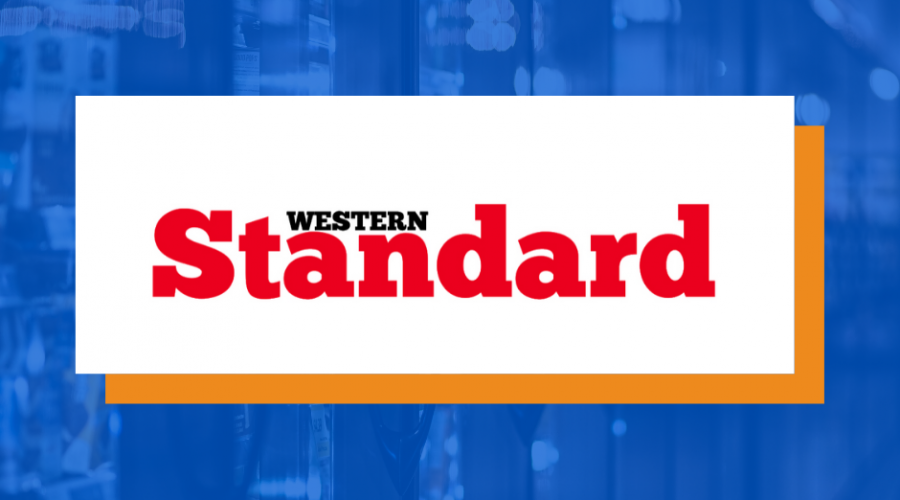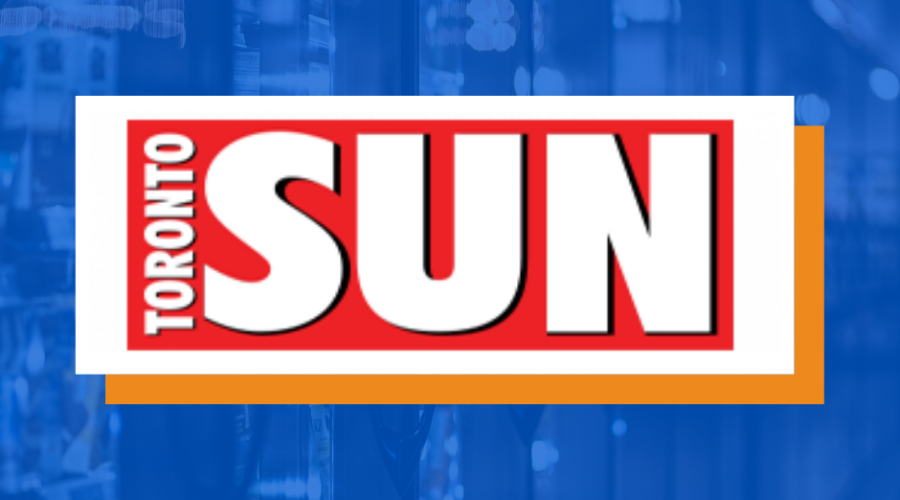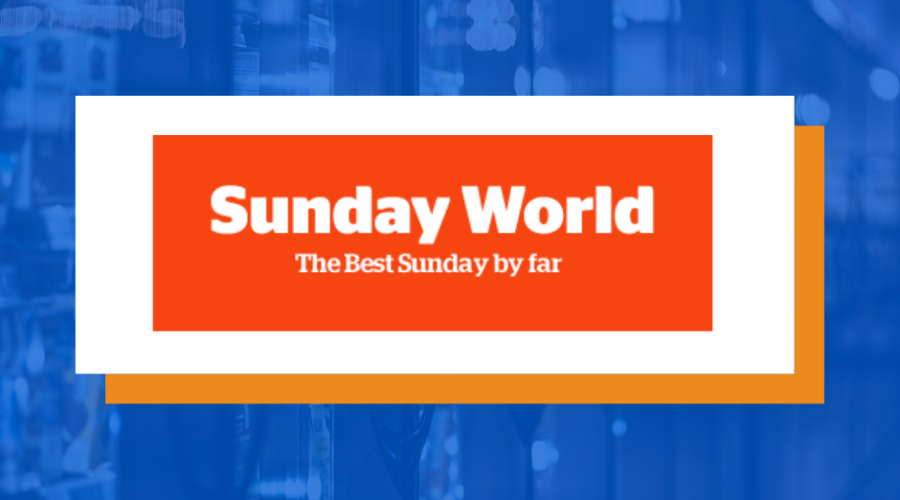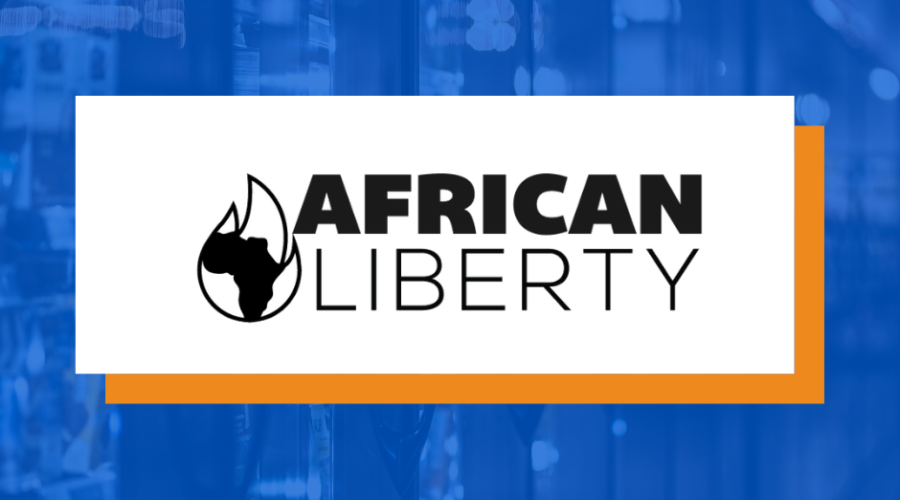Ottawa should kill its tax on booze-free beer
Before the pandemic, while at a Blue Jays game, my head turned when a patron at the bar ordered a non-alcoholic beer. At first, I thought this might just be a new hipster fad, but I couldn’t have been more wrong. Non-alcoholic beer isn’t only for designated drivers or pregnant women anymore. It is a continuously growing market with forecast worldwide sales over $4 billion (U.S.) by 2025. While I may not be the target audience for these new beverages, other Canadians clearly are.
This is where federal tax policy comes into play, because, oddly enough, non-alcoholized beer is subject to federal excise taxes, albeit less than what is paid on regular beer. Despite containing virtually no alcohol at all and therefore posing no real risk to consumers other than caloric intake, non-alcoholic beer is charged an excise tax of $2.82/hectolitre — a hectolitre being 100 litres. The application of an excise tax is a problem for several reasons.
The first problem with the excise tax for non-alcoholic beer is that non-alcoholic wine and spirits are exempt from the tax. For some reason, the federal government doesn’t treat all non-alcoholic beverages equally. Removing the excise tax for non-alcoholic beer would simply apply the government’s own logic consistently across the entire non-alcoholic sector.
Beyond consistency, removing the tax on beer would help reduce costs for health-conscious consumers, giving them better access to reduced-risk products. It would also very likely help expand the domestic production of these beverages, given that Canada is unique in its excise treatment of non-alcoholic beer.
The tax also puts Ottawa offside with the provinces, which, as regulators of where alcohol products are sold within their boundaries, have already recognized that there is no justification for treating non-alcoholic products as strictly as standard beverage alcohol. That is why, from coast to coast, you can buy these products outside of each province’s alcohol retail system at grocery and convenience stores, often alongside carbonated water and pop.
Finally, exempting non-alcoholic beer from the federal excise tax would be consistent with the principles of harm reduction, a policy approach the Trudeau government has championed, albeit selectively. When regulating and taxing products that could present some risk to consumers, it is important that legislators evaluate what that risk actually is. For non-alcoholic beer it is near zero, which is why it is not appropriate for the government to treat it the same as beer. Apart from residual puritanism, the main justification for taxes on beverage alcohol is to help cover any alcohol-related health-care costs that might arise. But what is the alcohol-related health-care burden of non-alcoholic beer? There isn’t any, which is why it should be exempt.
At the end of the day, Canada’s beer drinkers already pay enough in taxes — fully $676 million in excise taxes alone in 2020. And because it is indexed to inflation the alcohol excise increases every year without review, which is one reason, in addition to provincial markups, why on average 47 per cent of the price you pay for beer goes to the government. That is an exorbitant amount that should be reduced significantly.
Removing the excise tax for non-alcoholic beer would be a small first step in re-thinking what the appropriate level of tax is in Canada. It would give consumers more health-conscious choices, at better prices, and do so in a way is consistent with the government’s own logic for non-alcoholic beverages.
Originally published here









